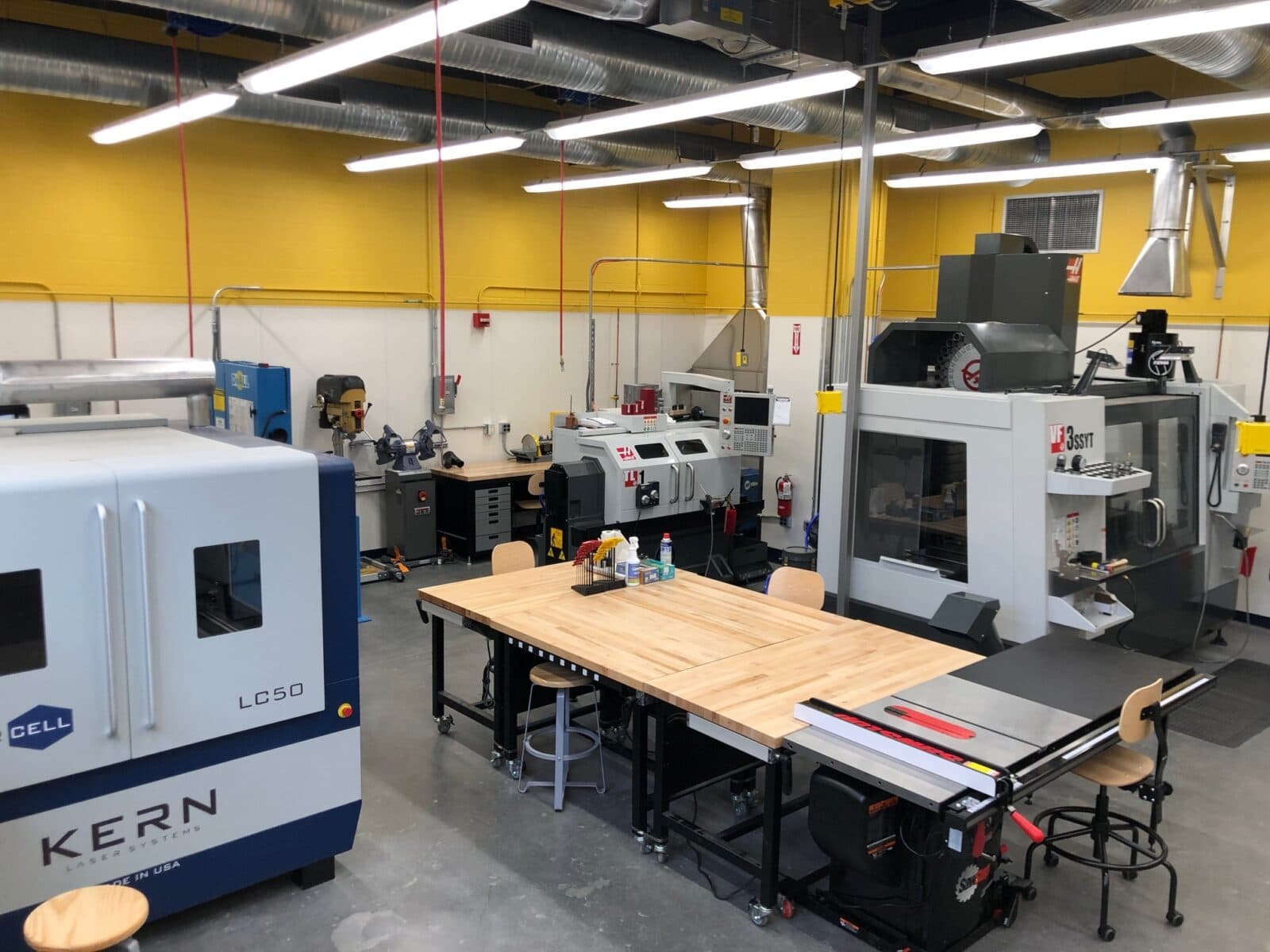New Teams, New Tools
Incoming Director of the Kavli Institute for Neuroscience at Yale, Stephen Strittmatter looks to the future

Since its founding in 2004, the Kavli Institute for Neuroscience (KIN) at Yale University has been dedicated to elucidating nervous system development and function in health and disease. With over 120 neuroscience labs, the institute brings together a diverse group of scientists who investigate many facets of neurobiology. As the institute nears its 20th anniversary, new director Stephen Strittmatter aims to support the vibrant community of neuroscientists at Yale.
One of the ways the institute is positioned to stimulate neuroscience at Yale is by funding the creation of new interdisciplinary teams. “We’ve focused selectively on ones that bring two labs together.” said Strittmatter. “So, postdocs with two mentors, or research projects that bring two laboratories – or three or four – together from different disciplines. That could include cellular work together with imaging, and physics, or computational work together with animal behavior work.”
To secure larger federal grants, interdisciplinary teams benefit from experience with successful partnerships, and some preliminary scientific results. The Kavli Institute provides support so that nascent teams can build the infrastructure and systems they need to pursue directions that may be risky or novel.
Another way the institute supports research innovation is with its Neurotechnology Core – “One of our big successes,” Strittmatter explains. The core is a high-tech machine shop with dedicated staff to help neuroscientists design and build the tools they need to do their research. And it goes a step further: rather than a researcher ordering a new electrode or array, they sit down with the engineers and codesign a tool that will meet their experiments’ specific requirements and are trained on how to build it. The core, one could say, teaches neuroscientists how to fish.
In addition to funding new teams and new tools, the Kavli Institute fosters broadening the field of participants in neuroscience. “Some of our postdoctoral fellowships are selectively devoted to expanding diversity amongst neuroscientists at Yale,” explains Strittmatter. “It’s a substantial part of our program now.”
At the same time he became director of the institute, Strittmatter was named chair of the neuroscience department, and both the department along with members of the institute are moving to a new building on campus this year.
“It’s a very exciting time. We’ll also have time to expand the department and recruit more individuals. All these things coming together, I think we can really change the face of neuroscience here and move to the next decade.”